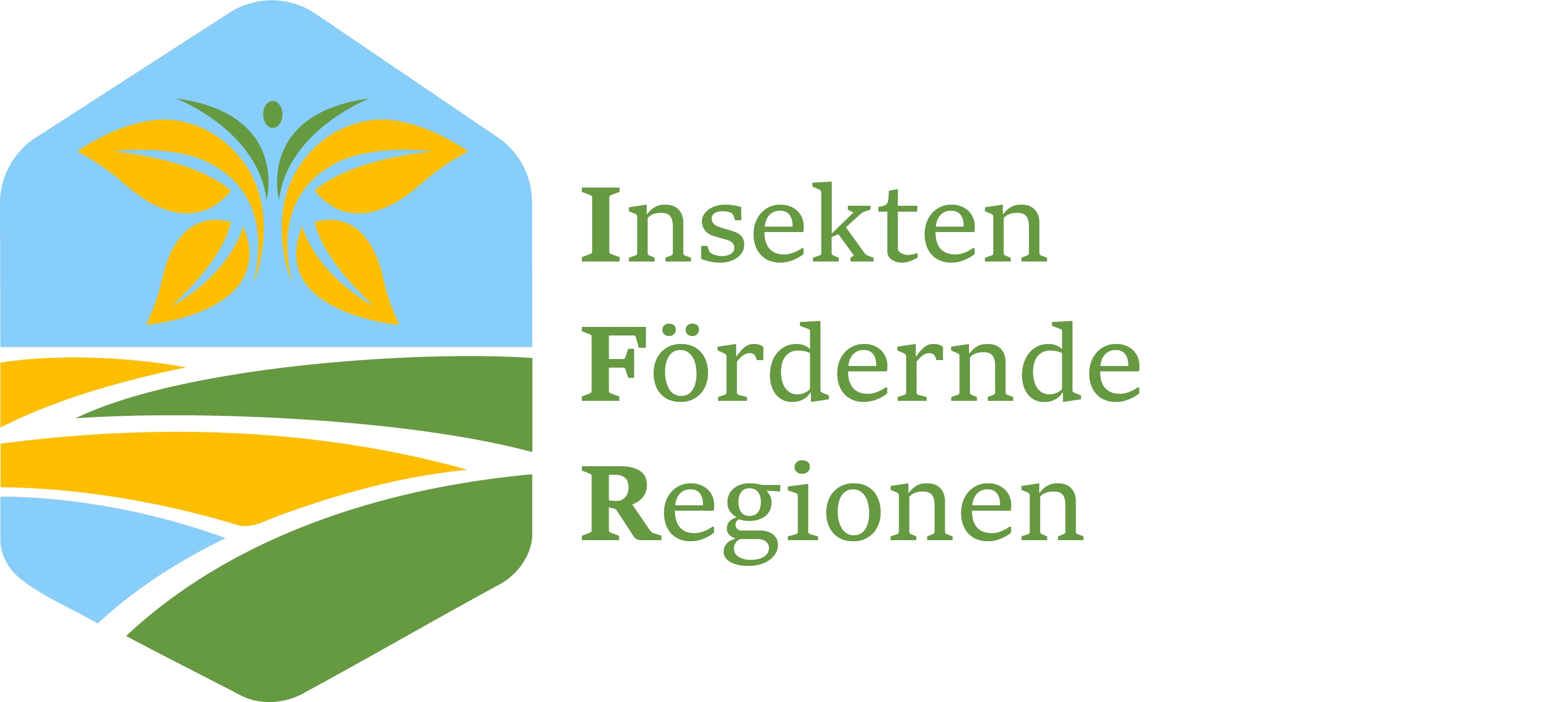The Project Partners
Lake Constance Foundation
The Lake Constance Foundation is a private environmental and nature conservation organization based in Radolfzell on Lake Constance.
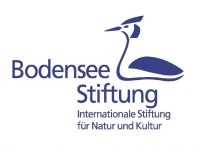
The foundation works project-oriented for more sustainability and nature conservation in the international Lake Constance region and beyond. The fields of action are enterprise & biodiversity, agriculture and climate, energy transition as well as nature and water protection. The Lake Constance Foundation was founded in 1994 by six environmental and nature conservation associations from the three countries bordering Lake Constance.
As early as 2008, the Lake Constance Foundation founded the Blühender Bodensee network to promote insects and a diverse and flower-rich landscape. Since 2010, the Lake Constance Foundation has coordinated the PRO PLANET apple project at Lake Constance and Neckar, which was awarded the ELO European Bee Award in 2019. Furthermore, the Lake Constance Foundation has implemented several projects to promote insects and biodiversity in German and European viticulture and arable farming (including KraichgauKorn, Linzgau-Korn, ALB-GOLD). Since 2014, the Lake Constance Foundation has been active in projects to promote biodiversity in the food sector. In the EU project LIFE Insect Supporting Regions, the Lake Constance Foundation contributes experiences from the predecessor project “Biodiversity in Standards and Labels of the Food Industry”.
Global Nature Fund
The Global Nature Fund (GNF) was founded in 1998 as a foundation by committed environmentalists and conservationists in Radolfzell on Lake Constance with the aim of advancing international lake and wetland protection.

GNF coordinates the Living Lakes Network, which now includes over one hundred partner organizations and lakes on all continents – even in Antarctica. Over the years, the project managers of the GNF expanded its project portfolio with new fields of activity: In the meantime, they are active in other areas of nature conservation, in international development cooperation and in the field of business & biodiversity in addition to water and lake protection.
The commitment to insect protection and biodiversity has a long tradition at GNF. The conservation of pollinating insects is always an issue especially for the projects that work at the interface of economy and ecology. For example, it is considered in the Business & Biodiversity Campaign (EBBC), in which the GNF participates. In the LIFE BooGI-BOP project, the foundation advocates for green, biodiversity-friendly company grounds – also for the benefit of the insects whose habitat these areas are. As part of LIFE Insect Supporting Regions, GNF wants to sustainably advance insect conservation at the landscape level.
Netzwerk Blühende Landschaft
The Netzwerk Blühende Landschaft (NBL) was founded in 2003 by a handful of organizations from beekeeping, agriculture and nature conservation and anchored at Mellifera e.V.
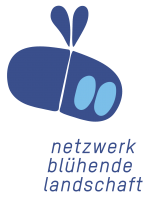
Mellifera e. V. consists of several initiatives whose holistic concern is the harmonious coexistence of humans, nature and pollinating insects. The Netzwerk Blühende Landschaft focuses on the improvement of the food basis and habitats of all flower-visiting insects.
Through cooperative projects, the NBL enables a steady increase in the proportion of attractive, flowering landscape in addition to a partnership-based transfer of knowledge. In a joint project between Netze BW GmbH and the NBL, the potential of meager open spaces on transformer stations is being developed into species-rich flowering meadows. The BienenBlütenReich project has been enabling exemplary flowering areas throughout Germany since 2016 in cooperation with agriculture and municipalities. Since 2018, beneficial strips have been planted on numerous farmland areas as part of the Blüte-Biene-Nützling project, which can reduce the use of pesticides over large areas. In the spirit of a more holistically diverse landscape, the NBL creates action-oriented partnerships between science, society and practice.
Bäuerliche Erzeugergemeinschaft Schwäbisch Hall
The Bäuerliche Erzeugergemeinschaft Schwäbisch Hall (BESH) was founded in 1988 by Rudolf Bühler and eight farmers as a self-help initiative to save the “Schwäbisch-Hällisches Landschwein” pig breed, which is threatened with extinction.
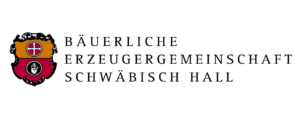
Since then, BESH has acted as a vehicle for rural regional development in the Hohenlohe region. The extinction of the regional pig breed was prevented by this association and a growing number of member farms. Today, Schwäbisch-Hällische Landschweine are bred and fattened under high quality standards. BESH now comprises 1,500 member farms from the region that keep cattle or sheep in addition to pigs.
BESH’s commitment to old livestock breeds contributes to the preservation of the genetic diversity of farm animals, in line with the motto “conservation through use”. Specialist butchers, well-known company caterers and restaurants as well as delicatessens are supplied via specially established marketing structures along the entire value chain “from the field to the plate”. Very important and strongly growing is the ecological range. More than 450 of the member companies are already certified according to organic guidelines. As a processor, BESH cooperates closely with the Demeter, Ecoland and Bioland cultivation associations.
Nestlé Germany
Nestlé is the world’s largest food and beverage company with operations in 187 countries. More than 2,000 brands are part of Nestlé – from global icons to national innovations. Nestlé Germany employs around 9,300 people at 12 locations and is headquartered in Frankfurt am Main.
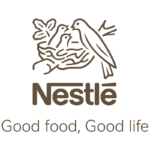
Nestlé believes that its success as a company in the long term depends on using its size to create value for society and for the environment. To achieve this, the company focuses primarily on the areas of: Nutrition, respectful treatment of nature and social responsibility.
Nestlé Germany supports, among others, vegetable suppliers and their farmers in Germany, France, Spain and Italy in implementing measures to protect biodiversity. This involves improving farming practices and projects to protect and restore valuable ecosystems in the surrounding areas of the farms. Nestlé intends to extend this programme to all relevant vegetable suppliers in Europe. At the international level, a key goal is to achieve deforestation-free supply chains by 2022 – especially for coffee, cocoa and palm oil – and to plant around 200 million trees by 2030 as part of the Nestlé Climate Commitment, among others. As part of its CSR activities, Cereal Partner Germany supports the “Deutschland Summt” initiative with the CHEERIOS® BIO brand by establishing refuges for insects.
